(ThySistas.com) October 2016 marks the 50th anniversary of the founding of the Black Panther Party. The Black Panther Party give some people the image of a male-centered, violent movement, powerful man wearing the Panther’s signature black beret and showing off a gun. This image has been seared into the collective conscious and appears on thousands of posters and t-shirts. It may be surprising, then, to learn that by the early 1970s the Black Panther Party was two-thirds female. By the early 70’s The Black Panther Party was made up of majority of women. The representation of Black women in the party also helped change beauty standards, as members helped affirm a sense of identity and black beauty. Here are some of the women that were a huge part of the movement. The list is not limited to the women mentioned below.
Kathleen Cleaver
Kathleen Cleaver became the communications secretary and the first woman of the Party’s decision making cabinet after marrying the minister of information for the Black Panther Party Eldridge Cleaver. She was married to Eldridge for 20 years before divorcing and obtaining her law degree from Yale Law School. Kathleen is now 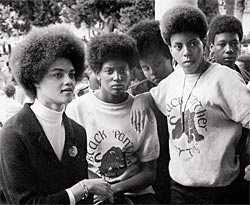 senior lecturer at Emory University School of Law. Her words on natural hair in the 70s remain inspiring.
senior lecturer at Emory University School of Law. Her words on natural hair in the 70s remain inspiring.
Fredrika Newton
Fredrika Newton joined the Black Panther Party as a teen in 1969. She met Huey Newton in 1970 and married in 1981. After Huey’s death in 1989, Fredrika established the Huey P. Newton Foundation where she served as President. In addition to operating literacy and voter outreach programs, the foundation hold the Black Panther Party archives with her late husband’s papers, photos and more.
Assata Shakur
Black Panther activist Assata Shakur was pulled over by New Jersey police, shot twice and then charged with the murder of a police officer in 1973. She spent a little over six years in prison before escaping and fleeing to Cuba in 1984. She was added to the FBI’s top 10 most wanted terrorist list in 2013.
Elaine Brown
Elaine Brown chaired the Black Panther Party from 1974 to 1977, the only woman to serve in this top position. The author of two books, A Taste of Power and The Condemnation of Little B, Brown is now executive director of the Michael Lewis (“Little B“) Legal Defense Committee and CEO of Oakland and the World Enterprises, a nonprofit that helps former prisoners create businesses. She also created an urban farm in West Oakland, where the party was headquartered.
Ericka Huggins
Activist and political prisoner Ericka Huggins spent 14 years in the Black Panther Party. Eight of those years were spent as the director of the Oakland Community School. She became the first woman and black person appointed to the Alameda County Board of Education. She is now a facilitator with World-Trust.org and leads dialogue about race and other inequalities. She is also a professor of sociology and women’s studies at several California colleges and universities.
Charlotte Hill O’Neal
Affectionately known as Mama C, Charlotte Hill O’Neal is a musician, poet and artist. After fleeing with her husband to Africa, they set up the headquarters of the International Section of the Black Panther Party and settled in Tanzania. Unlike many activists of the time, O’Neal never fully returned to America because her husband remains a wanted man. Charlotte Hill O’Neal visits and guest lectures at colleges and universities.
Phyllis Jackson
Phyllis Jackson grew up in Tacoma, Washington, before joining the party at its national headquarters. She served as a communications secretary and ran a voter registration campaign. She is an associate professor of art history at Pomona College, teaching arts and cinema of Africa and the African diaspora.
Black women have been holding down the fort behind the scenes since the beginning of time. The Black Panther Party was no different. Black women carried and supported the men of the Panther Party as family, because they were.
Staff Writer; Amber Ogden
One may also view more of her work over at; AmberOgden.com.
Also connect via Instagram; 1amberogden and Twitter; MsAmberOgden.






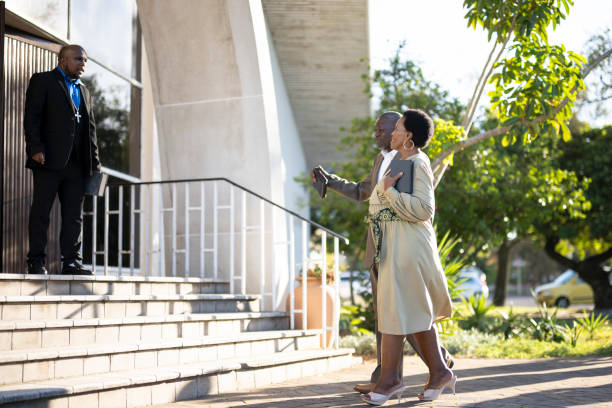
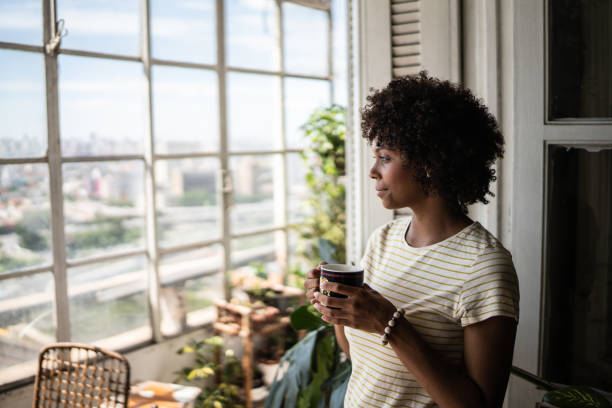
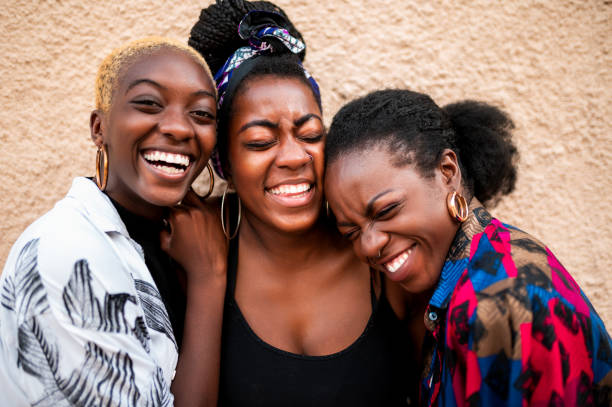
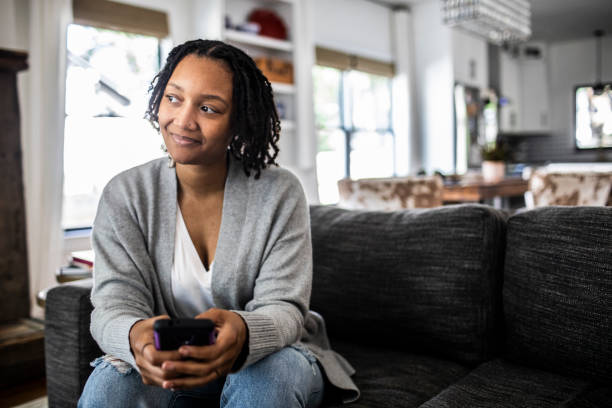
Leave a Reply